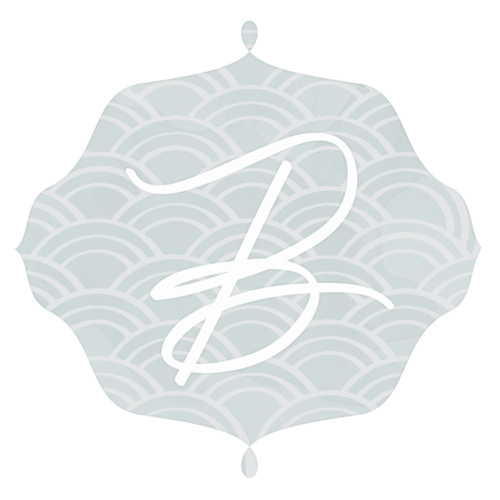Throughout the clinical portion of medical training, there are periodic scheduled opportunities to stop and reflect on the rapid growth that inevitably comes from this dynamic process. We come together with a group of close classmates and discuss our diverse responses to similar experiences. Clinical learning environments can be uncomfortable–painful even–as we learn to differentiate between empathy and compassion for our patients and as we struggle to keep up with the demands of the necessary book learning without the luxury of endless time which we had to devote to our academic studies in pre-clinical years. I am grateful for each chance to pause and reflect because in the stillness I usually somehow find my way back to gratitude. The following reflection stemmed from a prompt about adjusting to a drastically new learning environment during my first clinical rotation:
“Even despite my diligent yoga breathing and mental repetition of daily mantras like, “I have paid a large sum of money to be here,” and “my primary goal here is to learn,” I spent my first several weeks of third year standing in various operating rooms feeling like I was in everyone’s way. In a tiny office with 3 computer stations and 5 surgical residents, I sat uncomfortably close to the garbage can, stewing in my intense awareness that I was taking up too much space. I didn’t have a computer to use, and worse, I felt that I had no purpose on the team, and that I was only serving as a drain on the system. What in the world had I been doing for two years to have made it to this point, with nothing to contribute and no idea of what to do? I’ve picked the wrong field again, I thought. I’m not myself here, and this is an expensive mistake.
This toxic and all-consuming thought pattern was a theme (or at least a motif) of my surgery rotation until my eighth week (of ten). On the 17th hour of my fourth day working in pediatric surgery, I asked a question, not much different from the 1000 other questions I had asked previously, as I had timidly navigated this new learning environment for two months. But this particular question was different because it changed the course of the patient’s care. At 12:45 AM, I certainly hadn’t expected (or hoped) that the surgeon would reopen an infant’s abdomen to quench my curiosity about the pathology of the patient’s condition, but evidently my curiosity had sparked his curiosity, and he did just that.
In reflecting on this instance, I can now recall a few other times when I have asked a genuine question for my own educational purposes, which has actually prompted my preceptors to pause and alter their course of action. I am slowly realizing that I do have something to contribute, even if it’s just my innate sense of wondering why. Furthermore, I am realizing that my curiosity is fueled by my connections with patients. In knowing their concerns, I am motivated to access and build upon my knowledge base as I contemplate how to best explain their illnesses and educate them on their health. Not only have I paid money to be here, but I also deserve to be here. I have worked hard to get to this place, and although I do not always know what to do or say, I will continue to work hard to get to the next level, just like I have worked to get here. I am insatiably curious, and I care deeply. I might be in the right field after all.
